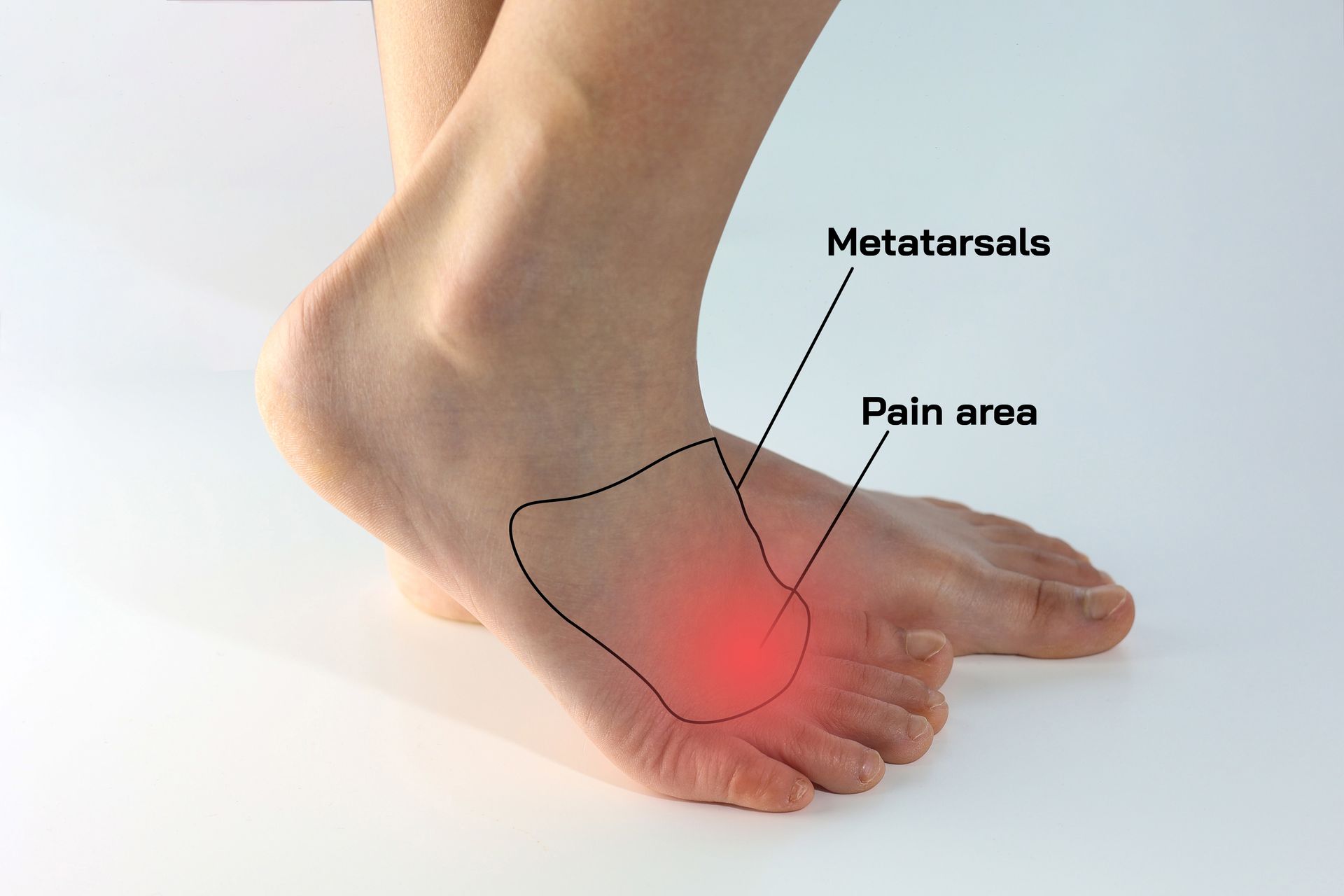Neuroma

Relief from Nerve Pain in the Foot
Specialized Care for Neuromas
A neuroma is a thickened nerve that can cause sharp, burning pain, tingling, or the feeling that you are stepping on a pebble. At Performance Foot & Ankle Specialists, LLC, Dr. Joel Segalman and Dr. Stephen Lazaroff provide expert diagnosis and treatment for neuromas, including Morton’s neuroma between the third and fourth toes. Using customized therapies such as shoe padding, orthotics, medication, and ultrasound-guided alcohol injections, we relieve pain and reduce nerve irritation. When needed, surgical options are also available. Our goal is to ease discomfort, prevent long-term nerve damage, and help you walk with confidence again.
Start Your Journey to Wellness Today
Talk With Foot and Ankle Specialist Today!
Ready to take the first step towards healthier, pain-free feet? Contact us to schedule an appointment or to learn more about our foot and ankle services. Our dedicated podiatric team is here to provide personalized care and answer any questions you may have about your lower extremity concerns. Reach out today and let us help you achieve optimal foot health and mobility for an active lifestyle.
Schedule an Appointment
Choose the location that’s most convenient for you and book by phone or online:
- Waterbury, CT – (203) 755-0489 | Schedule Online
- Newtown, CT – (203) 270-6724 | Schedule Online

